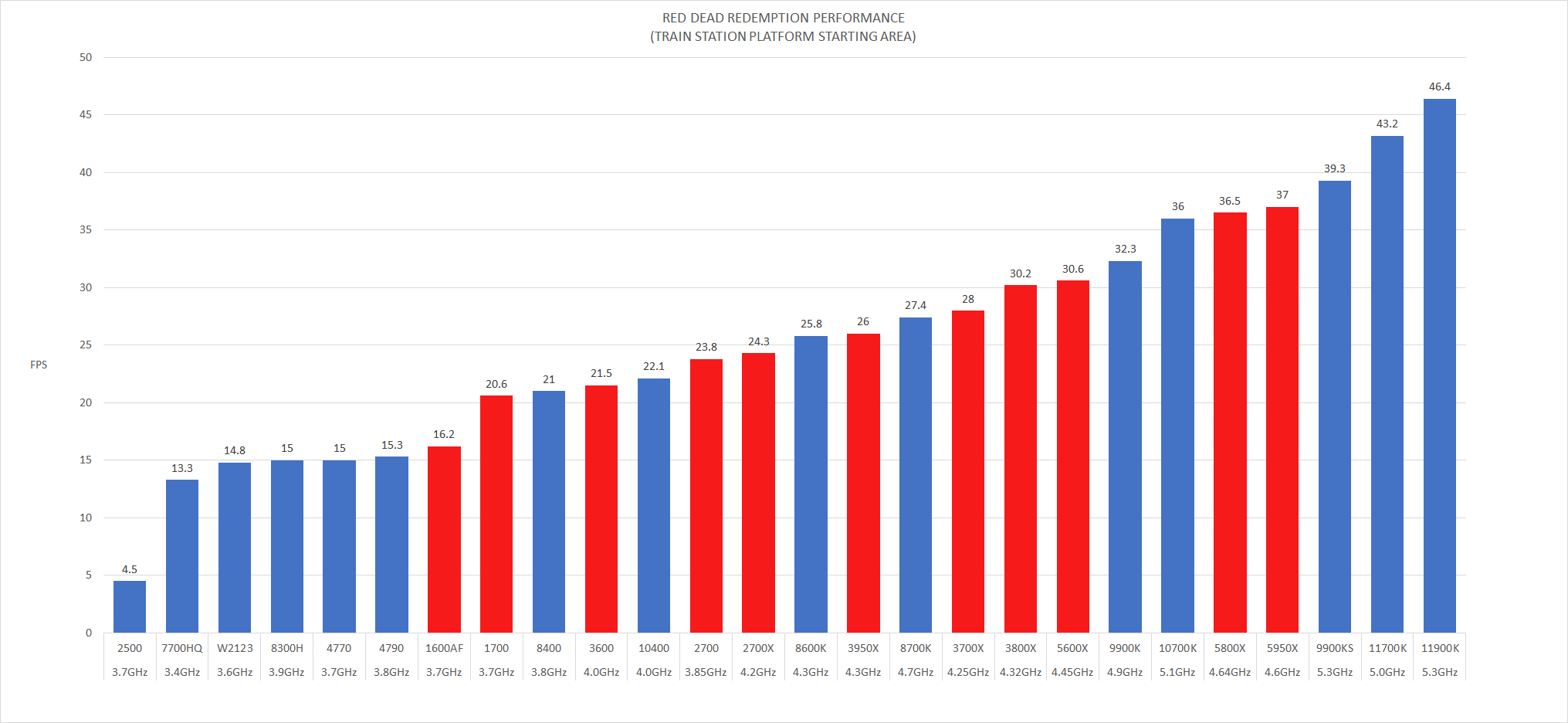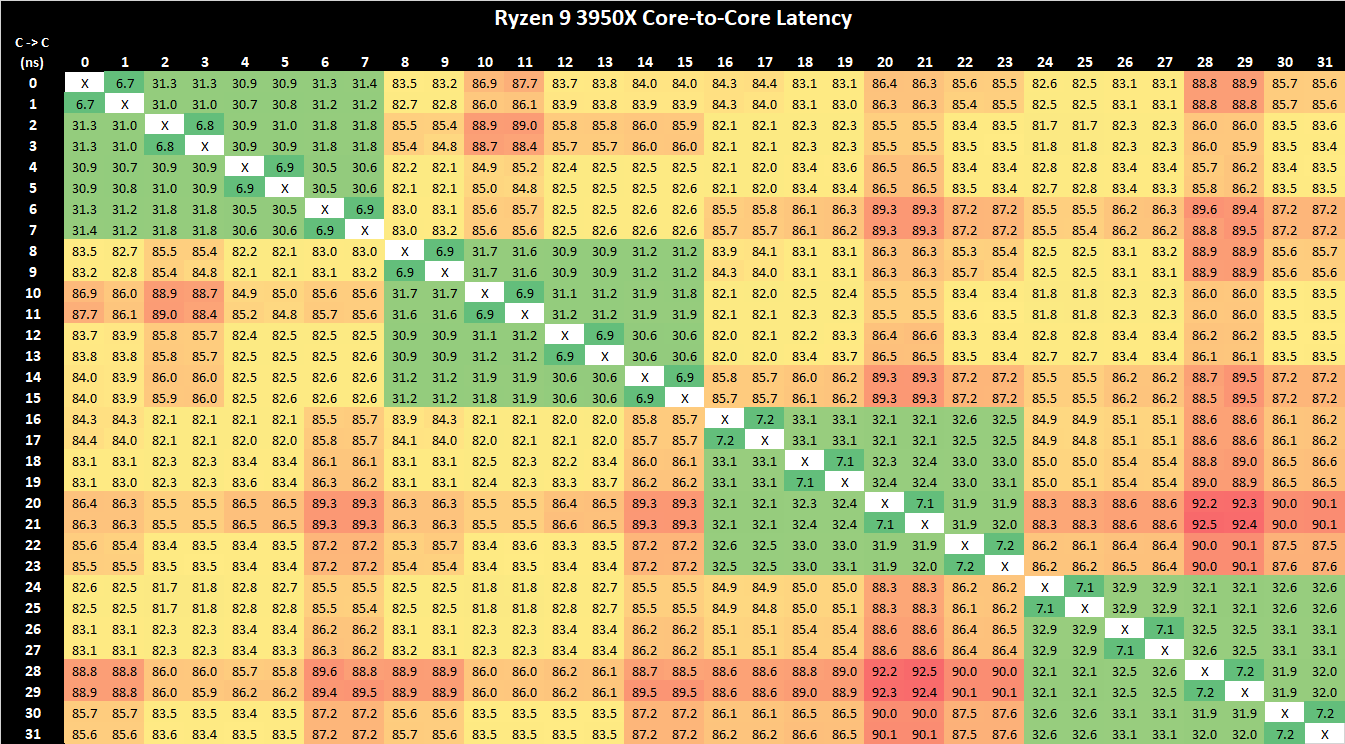I've been running a RT kernel for a few months, just for testing purposes. Performance wise I haven't noticed any downsides for compiling, compression, encoding or gaming (in a VM) workloads. I tested the 7z benchmark mode and it was actually a bit faster. Latency-wise I dunno. I guess PulseAudio likes it but even without I can go so low that the audio driver in the kernel starts to freak out.
I guess if you use a fully preemptible kernel already there isn't much to gain for most people.

I guess if you use a fully preemptible kernel already there isn't much to gain for most people.



Comment